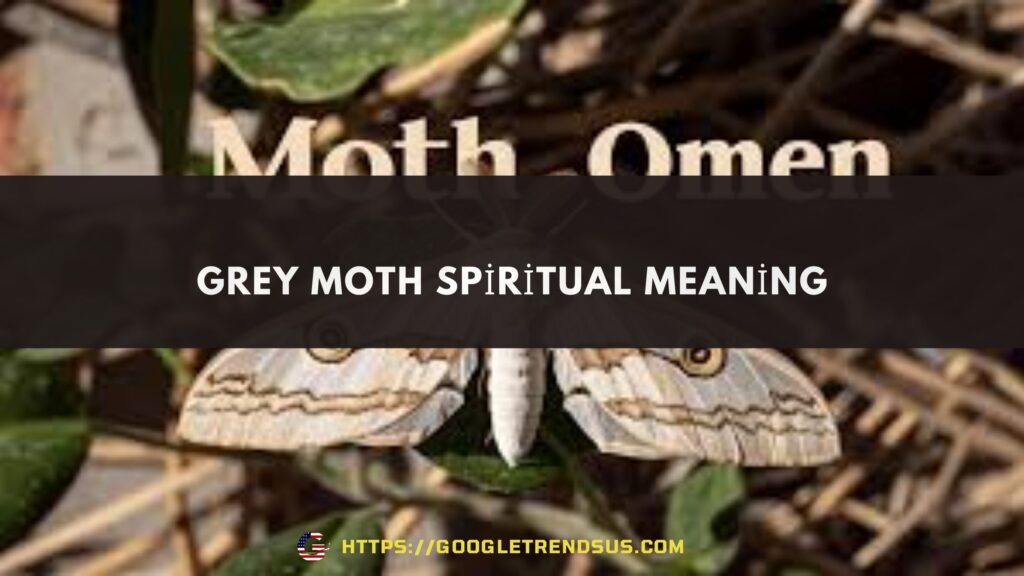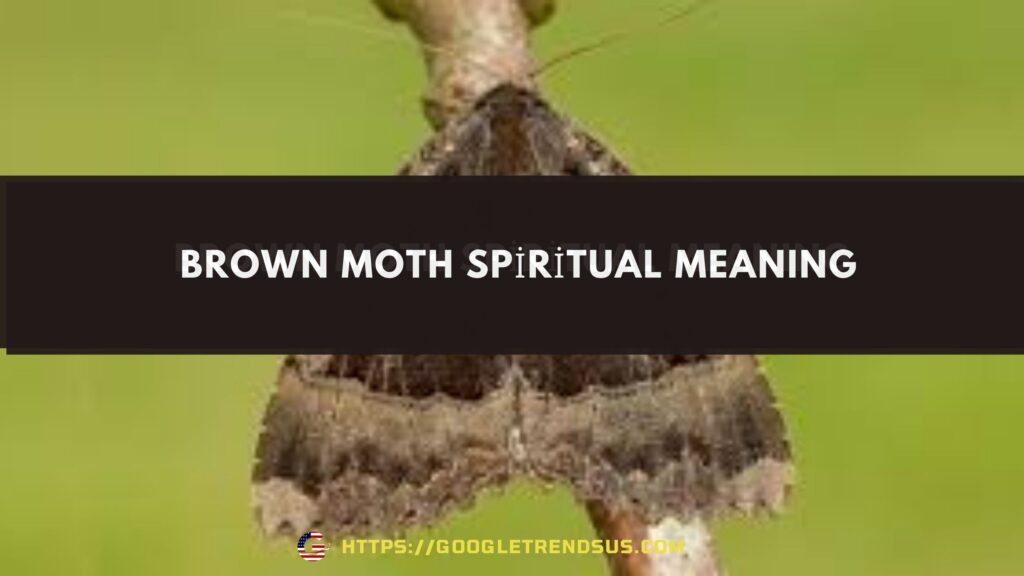The Bible often uses natural elements to convey spiritual truths and lessons. Among these, the moth stands out as a significant symbol with profound meanings. In biblical scripture, moths are typically associated with decay, impermanence, and the transient nature of earthly possessions. This blog post explores the biblical symbolism of moths, their spiritual implications, and the lessons they offer to believers. Keywords such as “moth biblical meaning,” “spiritual symbolism,” “transience,” and “decay” will be discussed to deepen our understanding of this intriguing symbol.
The Symbolism of Moths in the Bible
1. Moths as a Symbol of Decay and Impermanence
In the Bible, moths are frequently used to illustrate the fleeting nature of material wealth and earthly possessions. This symbolism is rooted in the natural behavior of moths, which are known to destroy garments and other perishable items. For instance, in Job 13:28, the fragility of human life is likened to a garment consumed by moths, emphasizing the inevitability of decay and the transient nature of worldly things.
2. Moths and the Concept of Vulnerability
Moths also symbolize vulnerability in the Bible. They are delicate creatures easily destroyed, much like the material possessions they consume. This idea is conveyed in Hosea 5:12, where God uses the metaphor of a moth to describe how He will weaken the pride and strength of Ephraim and Judah due to their disobedience. The imagery suggests that just as a moth can gradually destroy a garment, so too can spiritual and moral decay lead to one’s downfall.
3. The Lesson of Transience
Psalm 39:11 poignantly captures the theme of transience through the image of a moth. The psalmist reflects on the brevity of life, noting how God consumes what is precious to humans, much like a moth devours clothing. This verse serves as a reminder that life and material possessions are temporary, urging believers to focus on eternal values rather than transient pleasures.
The Spiritual Implications of Moth Symbolism
1. A Call to Spiritual Awareness
The recurring theme of decay and impermanence associated with moths in the Bible is not meant to instill fear but to awaken spiritual awareness. By highlighting the temporary nature of worldly possessions, the Bible encourages believers to seek spiritual treasures that are imperishable. Jesus Himself warns against storing up treasures on earth “where moth and rust destroy” (Matthew 6:19-20), advocating instead for the pursuit of heavenly treasures.
2. Transformation and Renewal
While the symbolism of moths is often associated with negative aspects like decay, it can also signify transformation. The moth’s life cycle, from caterpillar to winged adult, can be seen as a metaphor for spiritual growth and renewal. This process of metamorphosis reflects the potential for transformation within each individual, moving from a state of spiritual darkness to enlightenment and rebirth. This aspect of moth symbolism encourages believers to embrace change and growth, aligning their lives more closely with spiritual truths.
3. The Paradox of Fragility and Strength
Moths, while fragile, also possess an innate strength that allows them to survive and adapt. This paradox mirrors the spiritual journey, where vulnerability can lead to strength and resilience. By acknowledging our weaknesses and dependence on God, we can find the strength to overcome spiritual challenges. The biblical symbolism of moths thus serves as a reminder of the importance of humility and reliance on divine guidance.
Lessons for Modern Believers
1. Embracing Impermanence
In today’s materialistic world, the symbolism of moths offers a valuable lesson in embracing impermanence. It reminds us that no matter how much we accumulate, everything is subject to decay and loss. By accepting this reality, we can focus on what truly matters—spiritual growth, relationships, and the pursuit of a life aligned with divine principles.
2. Focusing on Eternal Values
The biblical metaphor of moths consuming worldly treasures encourages believers to prioritize eternal values over temporal gains. This perspective shift is essential for cultivating a life of contentment, peace, and spiritual fulfillment. By investing in spiritual practices, such as prayer, meditation, and acts of service, we can build treasures that last beyond this lifetime.
3. The Power of Transformation
Lastly, the moth’s life cycle inspires us to embrace personal and spiritual transformation. Just as a moth undergoes a metamorphosis, we too can change and grow, shedding old habits and beliefs that no longer serve us. This journey of transformation is an integral part of the spiritual path, leading us closer to our true selves and divine purpose.
Conclusion
The biblical meaning of moths is rich with lessons on impermanence, vulnerability, and the potential for transformation. As fragile yet resilient creatures, moths serve as a powerful metaphor for the human condition and the spiritual journey. By reflecting on the symbolism of moths, we can gain valuable insights into the nature of life, the importance of spiritual awareness, and the pursuit of lasting values. Let us take these lessons to heart and strive to live a life grounded in spiritual truth, embracing the impermanence of the material world while seeking the eternal treasures of the spirit.


